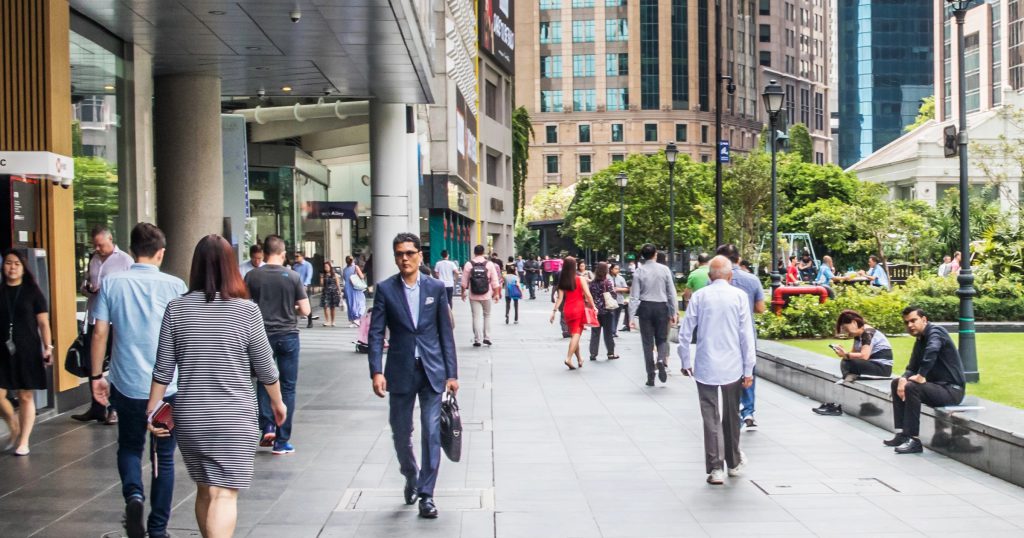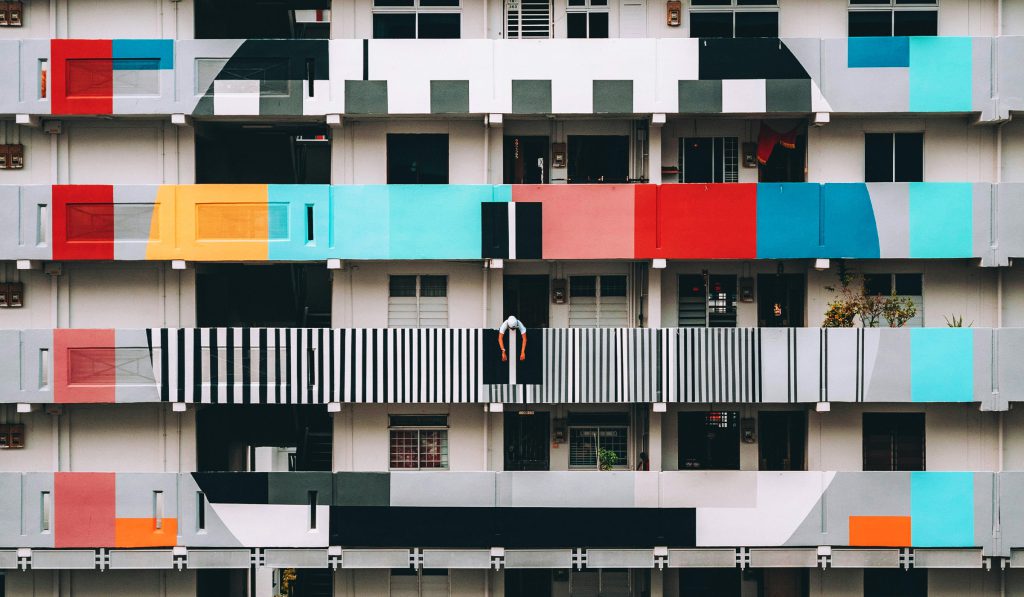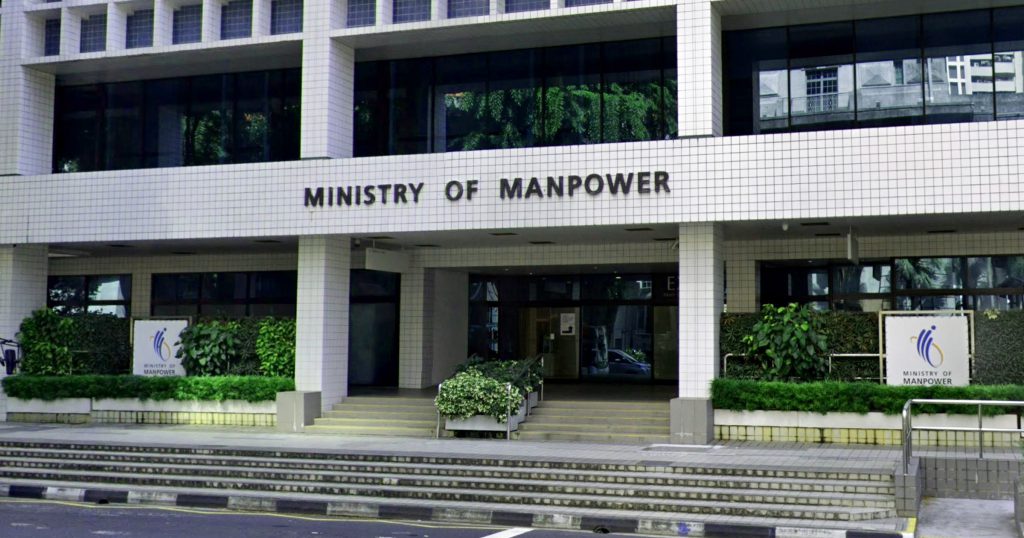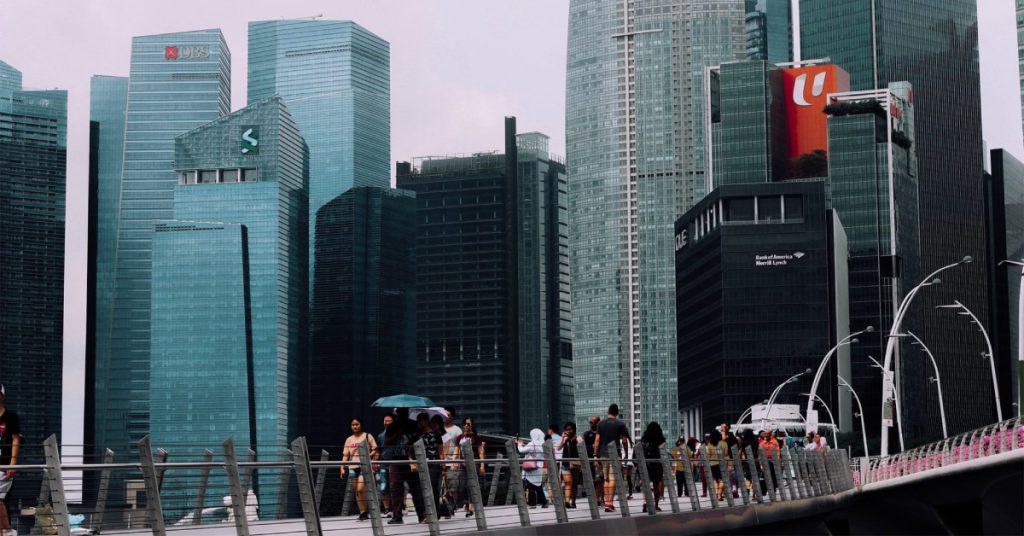When news broke in June about how two home owners had their Housing Development Board (HDB) flats seized for issuing short-term rentals to tourists, the Singapore social media scene went into a frenzy. Among the names floated around were Roomorama and Airbnb.
Subletting websites such as Roomorama and AirBnb match tourists with local hosts of a country. They provide accommodation or lodging to visitors such as backpackers for a short time period. Airbnb’s Singapore website showed more than 1,000 rentals available while Roomorama has only 200 displayed on its page.
No Rooms For Short-Term Rentals In Singapore?
While the idea is wildly successful and well received by netizens, it is illegal for Singapore home owners to sublet their housing to tourists. According to the HDB and Urban Redevelopment Authority (URA) regulations, when a home (HDB or private) is leased out, it must be for at least six months.
HDB cited that other residents felt the frequent change of occupants would pose security concerns. Though that may be the case, there might be some who are ok with it.
HDB dweller Melissa Chan shared with Vulcan Post in an earlier interview: “I would be fine with it, as long as my neighbour has told me about this plan to invite tourists over. I might even help to bring them around if needed!”
“(However,) I think the elderly would feel that it’s unsafe to do so. And those with grandkids especially. I do not blame them though, since they’re likely to be more vulnerable. I understand how it might be risky, but I feel with proper ‘evaluation’ of the guests by the owners of the flats, it would be okay.”
The Government Is Debating
It’s not as if subletting websites such as Airbnb are not doing anything to reinforce trust and safety among its users. Airbnb has a 24-hour support line operating 7 days a week. Guests and hosts are also required to have their IDs verified by connecting to their social networks and scanning their official ID or confirming personal details.
Due to these reasons, short-term rental sites such as Airbnb and Roomorama has grown a lot over the past year, despite it being illegal in Singapore. Roomorama’s founder, Ms Teo Jia En, told The Straits Times last month that the website had some 500 listings for Singapore properties, which is an increase of 30 per cent from last year.
The illegality of these websites might change soon: Senior Minister of State for National Development Lee Yi Shyan said that Singapore needs to “study the implications” of the increasing popularity and growth in the number of short-term housing rental websites.

Mr Lee said: “In this context of renting out properties less than six months, clearly they are in infringement of our planning act, so the necessary actions will be taken. But going further, in the long-term, we have to study the implications on whether such promoting of sharing of resources in an economy, which is itself positive, but is at the expense of existing regulations that tend to protect both consumers and service providers.”
“We also do not want to see a situation where people sign up, being promised certain services or products, but in the end it wasn’t delivered to them,” he added.
Lee was replying to Workers’ Party MP Pritam Singh (Aljunied GRC) during the parliament debate, who asked if there were plans to review the regulatory framework governing such short-term rentals.
It is however unclear when or how the study will be carried out.
What is clear though, is that the government is looking into the matter, and that guests and households find the service beneficial.
Are Home Rental Sites Really Illegal?
While both Lee and Singh stated that home rental sites are illegal, James Chua, founder of a similar site PandaBed actually consulted a “reputable law firm” on the matter. James shared on Quora:
In 2012, I consulted with a reputable law firm (name withheld) that has issued me a written response about the URAs statements on short-term leasing. Here are their findings paraphrased:
“…the Guideline is not law as it is not codified in a statutory instrument. The URA, in response to a query from the public, made a statement in The Straits Times on 26 May 2012 (Leasing guideline) in which it conceded that the Guideline was not a ‘ruling’, but stressed that the URA “issue[s] guidelines from time to time to provide transparency and clarity on how the URA exercises its functions under the Planning Act”
Their advise goes on to say that participants of short-term leasing should inform their guests not to disturb neighbors or the URA has the right to step in according to the letter of the law.
To summarize their response in points:
- Short-term renting is NOT ILLEGAL for private property
- The popular “6-month minimum rental period” quoted widely in the press is not a law but a guideline by the URA (Leasing guideline)
- Owners of short-term rental homes should ensure guests don’t cause disturbance to the neighbourhood or they are at risk of getting in trouble with the URA
- The URA has the authority to take action only if guest causes disturbance to the neighbourhood.
Perhaps this is why it is a good time for the government to look into this regulatory again.















